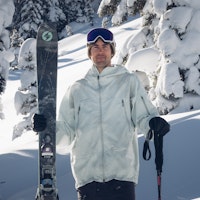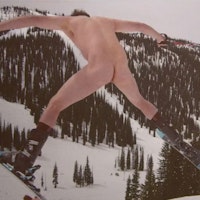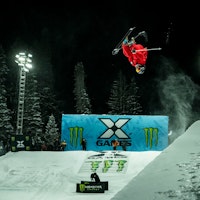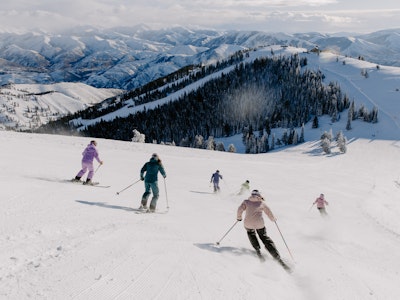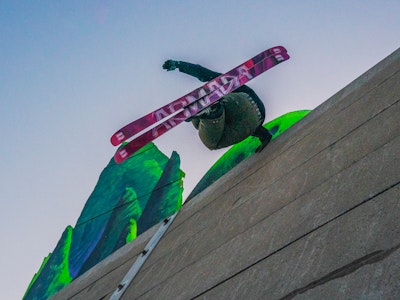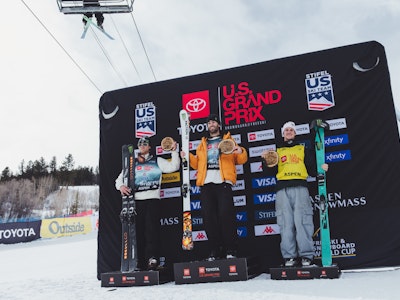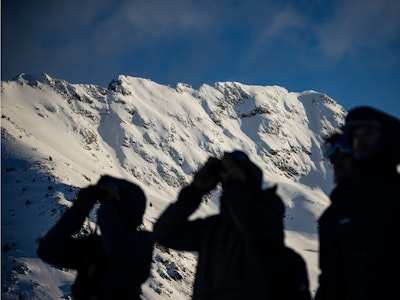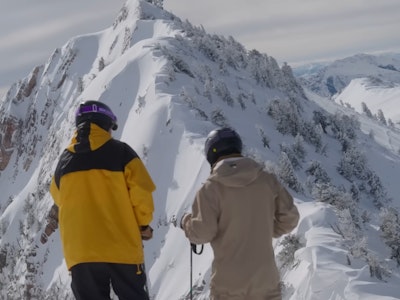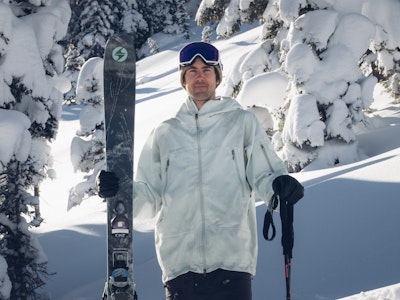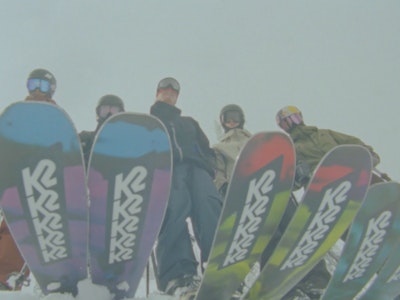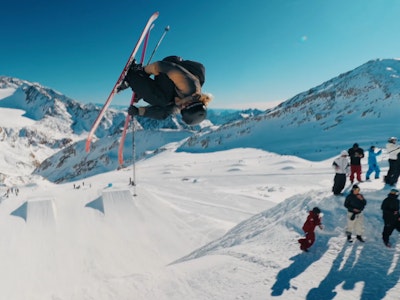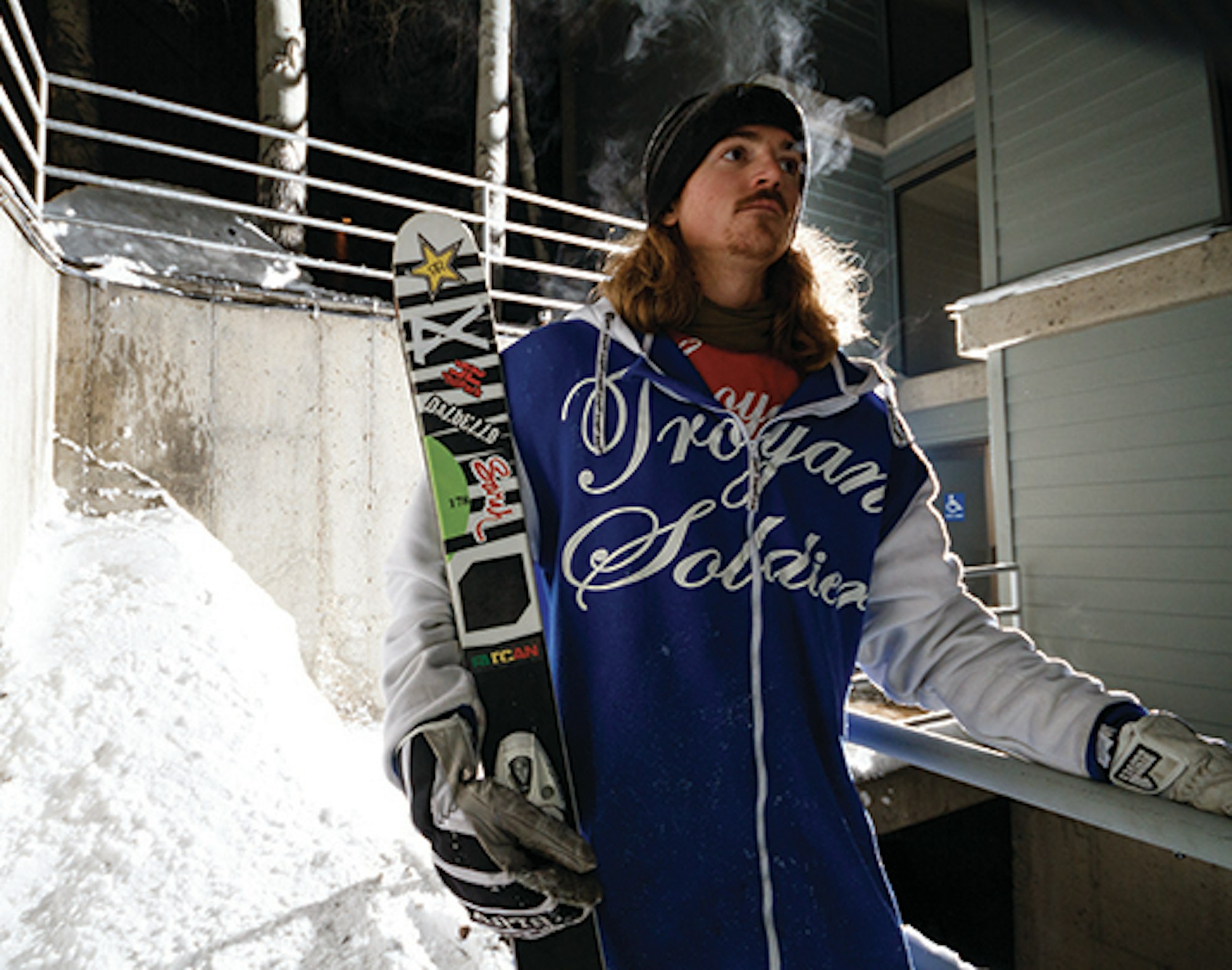Written December 15, 2013
McRae Williams grew up competing in trampoline and aerials at Park City’s Olympic Park, but it wasn’t until he noticed skiers performing off-axis flips and spins that he brought his talents to the terrain park. In spite of his humble, quiet demeanor, Williams’ list of achievements has grown, capped by gold in slopestyle at the 2013 Winter X Games in Tignes, France. He decided to take that momentum and focus his energy on qualifying for the Olympics.
On the phone:
How did growing up in the Park City scene help you get to where you are now?
It’s been a huge part of it. Park City having one of the best terrain parks in the world definitely had a big impact on where I went in my career, for sure. Growing up and having those parks, but also having the friends to ski with and just going out there every day and having a good time, feeding off of each other—that’s why it all happened, for sure.
You were a bit of a dark horse to podium in slopestyle at X Games Tignes in 2013. What was it like winning the gold?
I’ve said this time and time again, and it may seem cliché but it really was a dream. I couldn’t believe it. And to make things all the better, I was standing up there with two guys that I’ve known pretty much my whole ski career. I’ve been shredding with Jossi [Wells] since he started coming up to Park City when he was 13 or 14. I’ve known Gus [Kenworthy]—he’s been coming to the water ramps in Park City and has been a part of the crew for a long time. It’s cool not only to be on the podium but to be on the podium with two good friends.
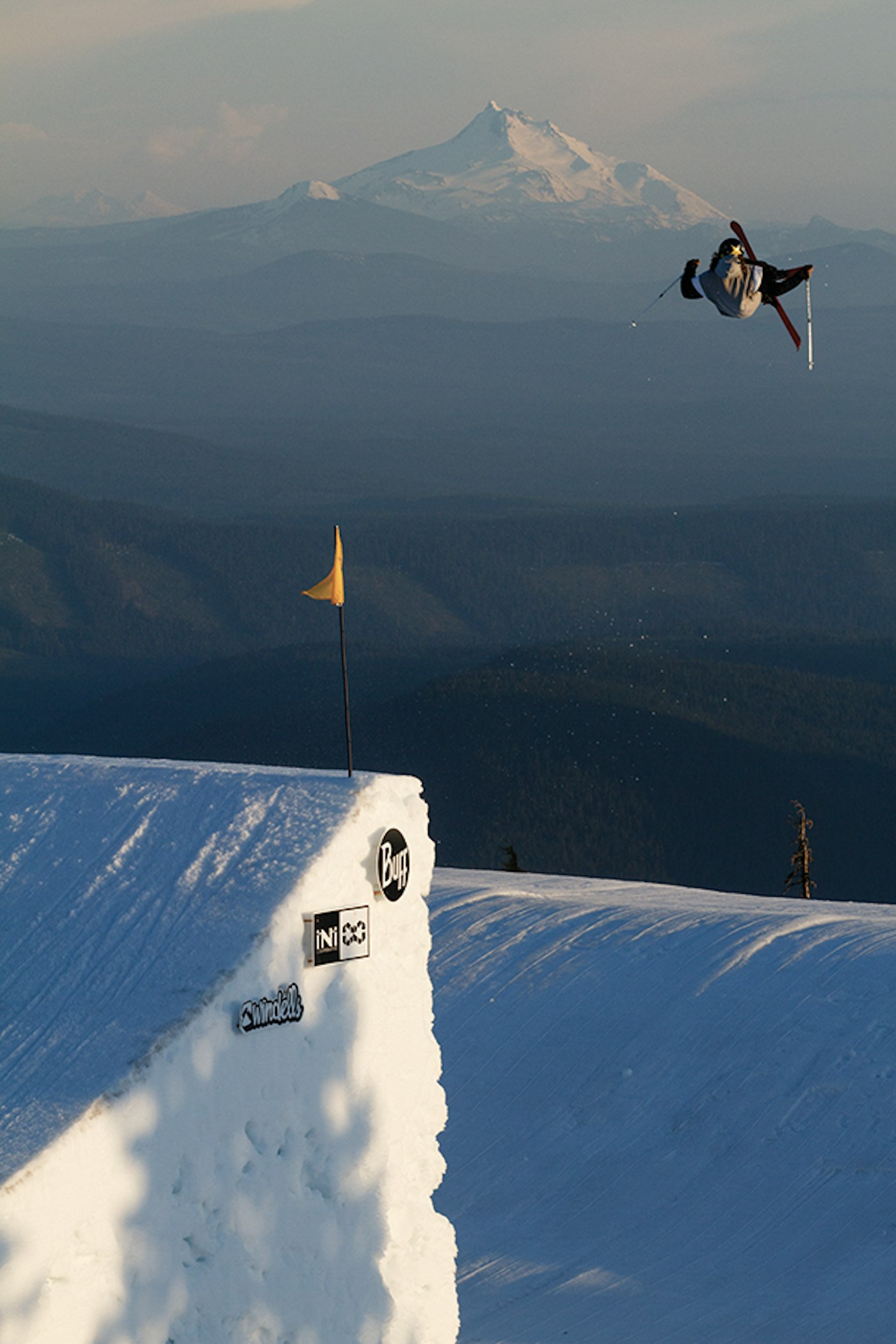
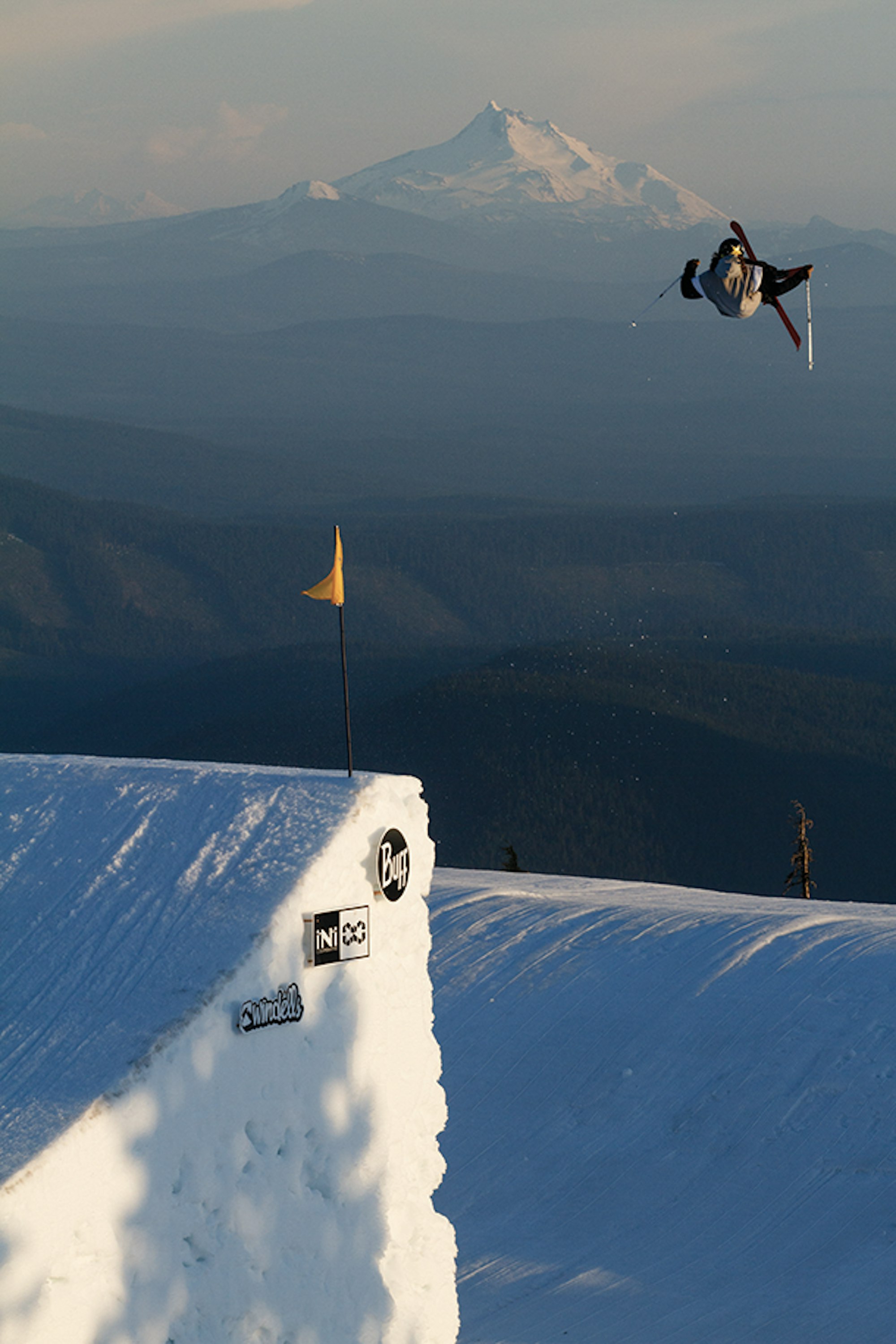
Photo: Rocky Maloney
Was Sochi on your mind before that? Or did winning give you the confidence to push towards the Olympics?
Sochi was always on my mind. After winning X Games, it became more of a reality and sparked even more motivation in me to try and get there. I guess I believe more in myself after that X Games win.
What impact do you hope the introduction of freeskiing into the Olympics has on the ski industry?
I think it’ll bring a lot of attention to us and help grow the sport. At the same time, it’s changed the sport tremendously. It used to be traveling around with all of my good friends, going to open competitions where anyone can enter, no regulations, and I feel like it was a lot more free and fun back then.
It’s an interesting topic with me because I am not on the US team, and after having such a successful season, I feel like I’m right up there with all of the guys—some of my good friends—that are on the team. To see them benefit by getting lodging and travel and all of this funding, and I’m stuck by myself trying to figure it out, it’s fairly frustrating. But in the end, I’m sure the hard work will pay off, and I believe everything happens for a reason. It’s tough, but take the good with the bad.
Where do you see freeskiing in eight years, when we’re thinking about the 2022 Winter Olympic Games?
It’s tough to say. Nobody ever thought that we’d see triple corks, and now we might even start seeing them in slopestyle competitions and not just big air. The progression—I don’t know when it’s going to stop. It’s got to come to a point where we just can’t go any further, but then there’s just so many different roads that we can go down, different styles, and that’s why I love the sport. There’s so many different aspects, so many different things you can do with it.
Who are your favorite skiers to watch right now, both on the competition circuit and outside of it?
Henrik [Harlaut] and Phil [Casabon] are killing it. It’s super fun to watch everything that they’re doing. It’s just so different, and it’s nice to see that freshness. Those guys are definitely big idols. In the competition circuit, I’ve always been a big fan of [Tom] Wallisch. He’s got the technicality but also the style, and you don’t really see it that much. There are guys like Gus Kenworthy, who in my opinion has some of the best tricks. He’s the most technical skier out there, but it’s just not as exciting to watch for me. I just don’t like the style. I’d say Sammy [Carlson], for sure. He’s killing it on the competition scene, and he’s got good style, doing everything well rounded. That’s another thing I like to see, skiers that are dipping in a little bit of everything, competing, getting out in the backcountry, touring, hitting urban rails, everything.
Is it all about the Olympics right now or do you have something else in the works?
I’m doing a web series this year with 4bi9 Media, Rockstar and Amplid. I’ve been trying to be a more well-rounded skier, getting into the backcountry, urban, park, and I love going out and touring in the backcountry. I do a lot of that here in the Wasatch, but no one ever really sees any of that. We want to do some backcountry [filming], just shredding and touring and doing a bit of jump building in the backcountry, as well as some urban stuff.
What’s your next step if you don’t qualify for the Olympics?
People are putting a lot of pressure on the Olympics, and it’s definitely a long shot, being in the US. There’s a lot of insane talent from here and people battling to go. I’m gunning for it as hard as I can. I’m trying to make it happen, but at the same time I’m just skiing because it’s what I love to do, and I’m going to keep skiing regardless.

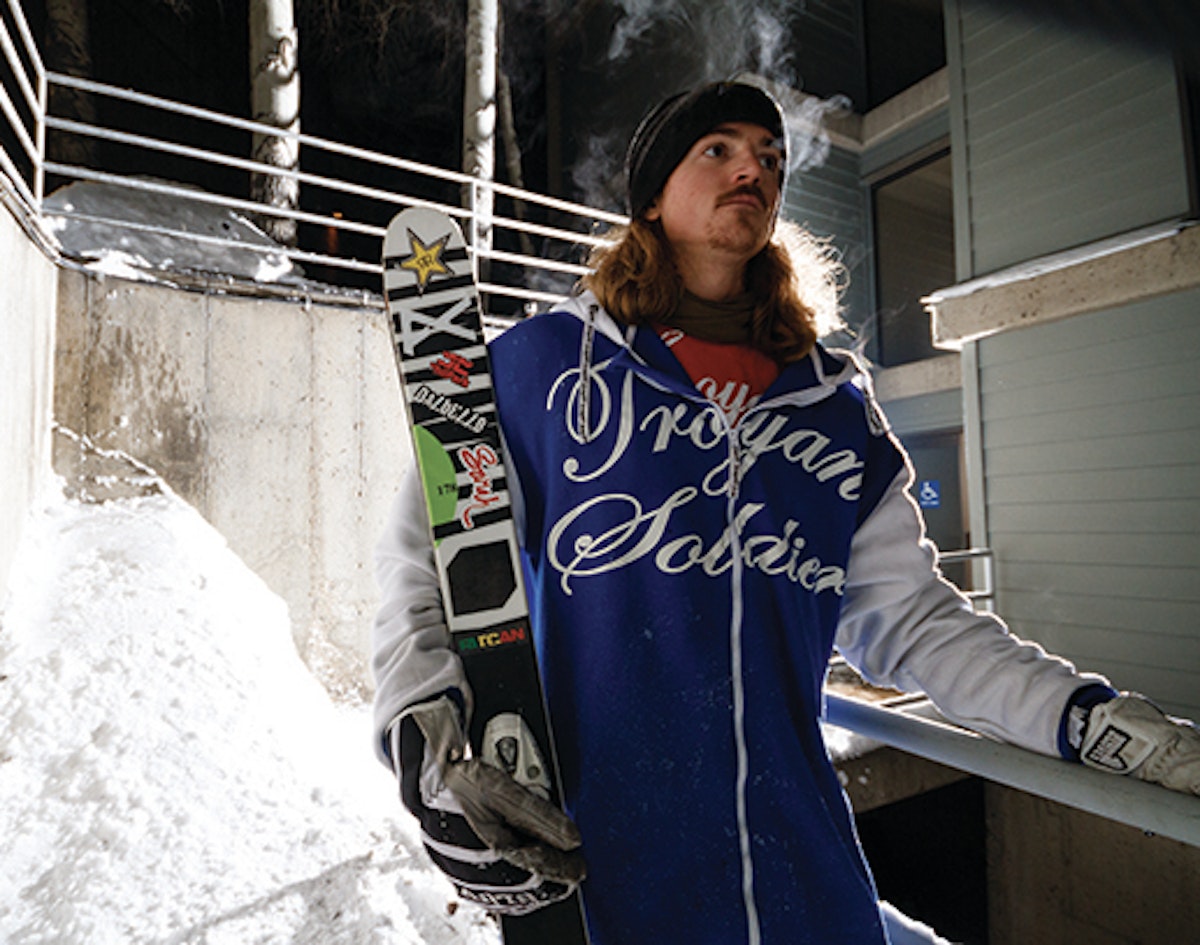
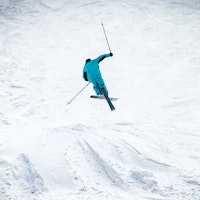
![[GIVEAWAY] Win a YoColorado X Coors Banquet & Liberty Skis Prize Package](https://www.datocms-assets.com/163516/1769630228-pastedgraphic-3.png?w=200&h=200&fit=crop)
